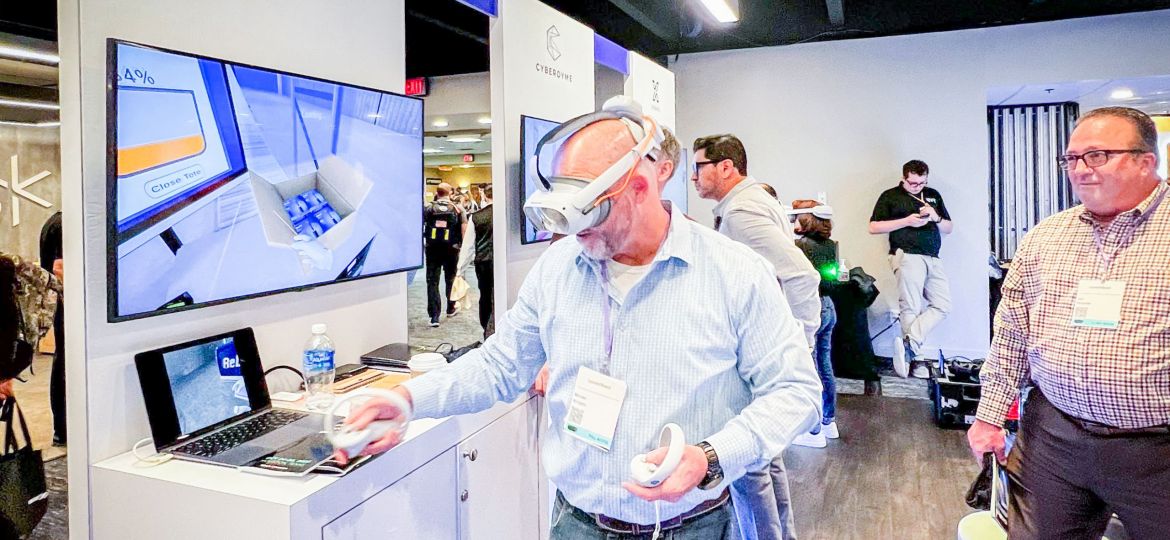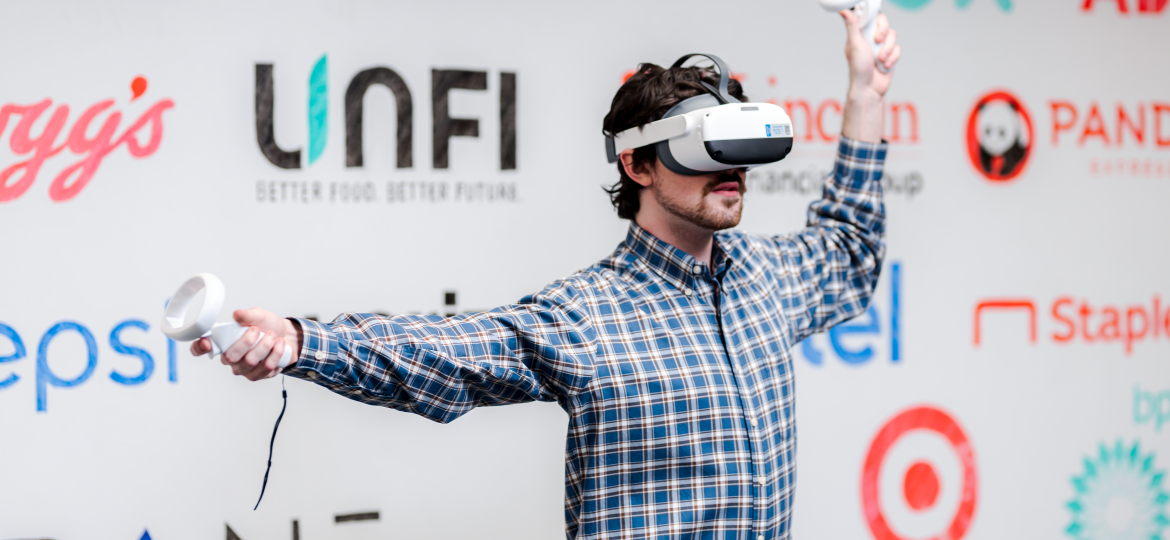In the age of information, organizations are more transparent about their business goals and have incorporated new technology to support…
Oops!
Looks like we removed that post. Not to worry! We’ve got you covered with the latest and greatest immersive learning resources.
By Patrick Manglano
Maybe you have a really strong workforce. You have bright, dedicated employees who consistently generate excellent ideas, but without leadership,…
By Maria Pappas
New year, new training strategy? Whether you’re rolling out a new strategy or simply enhancing your existing one, now is…
By Vince Radisek
Virtual instructor-led training (VILT) is when an instructor facilitates a training session for a group of learners or an individual…
Oops!








